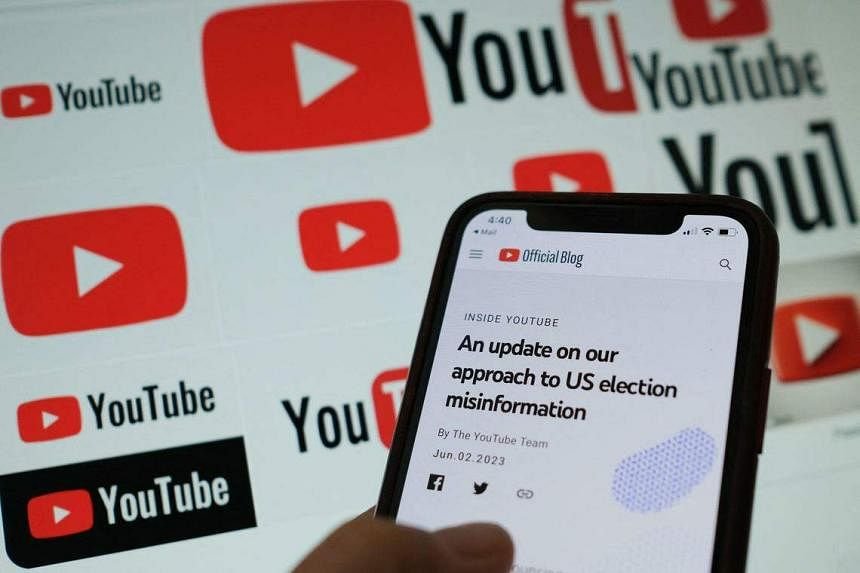
The Leadership Conference on Civil and Human Rights Calls on YouTube to Reverse Its Decision to Allow False Election Claims on Its Platform
WASHINGTON — Maya Wiley, president and CEO of The Leadership Conference on Civil and Human Rights, released the following statement in response to YouTube’s decision that it would no longer remove false election claims on its platform:
“Our democracy is not promised to us. It is up to us to guard it. YouTube has announced an updated policy that may further endanger democracy and serve the aims of organized hate and extremist groups — leaving people of color, religious minorities, and others more vulnerable to violence. At a time when far too many rely on social media platforms for news and information, and as artificial intelligence increases opportunities for more sophisticated forms of mis- and disinformation, we need private companies to be transparent partners and responsible stewards of that news and information. As a prominent platform, content posted to YouTube plays a significant role in shaping public discourse, and it has a responsibility to ensure the accuracy and reliability of the content it hosts.
“YouTube has announced, without discussion or engagement with the civil rights community, and despite the explicit concerns we raised directly with the company in February of this year, that it will no longer remove 2020 election denial content in the wake of widespread disinformation. Eliminating this policy as the 2024 election cycle is heating up is unacceptable. False information about the outcome of the 2020 election is still spreading rapidly on social media and is the basis for the spread of disinformation about the 2024 election by election deniers. The Leadership Conference has called for better, not weaker, enforcement of policies that prohibit election and voting disinformation and additional monitoring, not less.
“The Leadership Conference on Civil and Human Rights calls on YouTube to reverse its recent decision to allow false election claims about the outcome of the 2020 election on its platform. This disinformation should be monitored beyond just the weeks leading up to an election. This and all election disinformation must be tracked year round, across all languages, including Spanish and Asian languages. Anything less would knowingly allow the spread of disinformation as it relates to the integrity of our electoral process.
“In a March CNN poll, a disturbingly high 63 percent of Republican respondents continue to question the validity of 2020 election results despite the absence of evidence to support the doubt. Equally concerning, young people have a higher degree of distrust in the results than older respondents. In The Leadership Conference Education Fund’s report, “Cause for Concern,” we documented the rise in hate crimes during election cycles. Election denial is both a baseless reality and a tactic by the high-profile individuals and groups who want to foment a disruption of our democratic elections and, for some, even drive us to civil war.
“It is essential for YouTube and other platforms to develop and enforce robust policies that effectively address the spread of false information, particularly concerning elections. This should involve a thorough assessment of the content’s accuracy, consideration of credible sources, and clear communication to users about the potential risks associated with misleading content.
“This decision by YouTube to stop monitoring and removing content online that spreads lies is a shocking abandonment of principle. As the largest online video platform, YouTube’s new policy can and will have far-reaching consequences for public trust in the electoral system and undermine the democratic process.”









